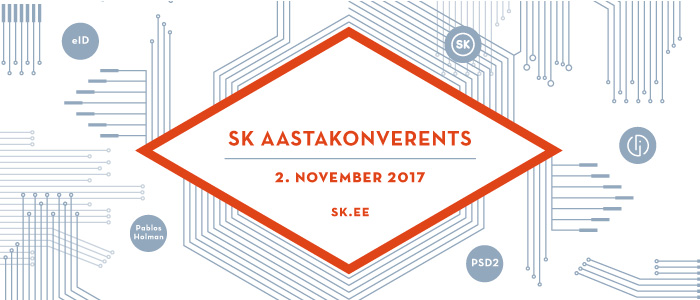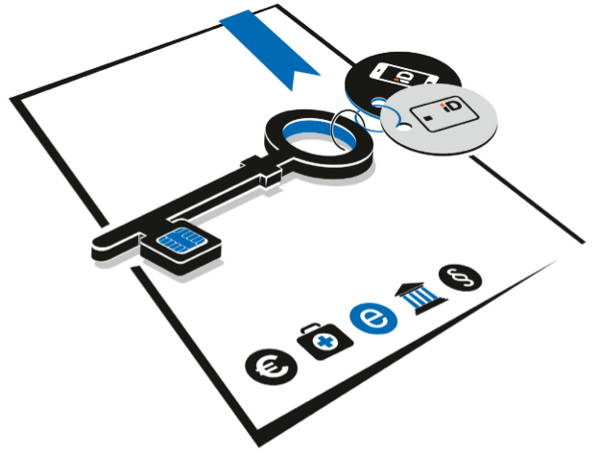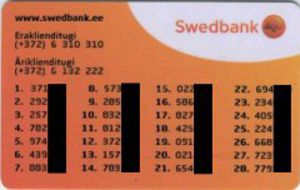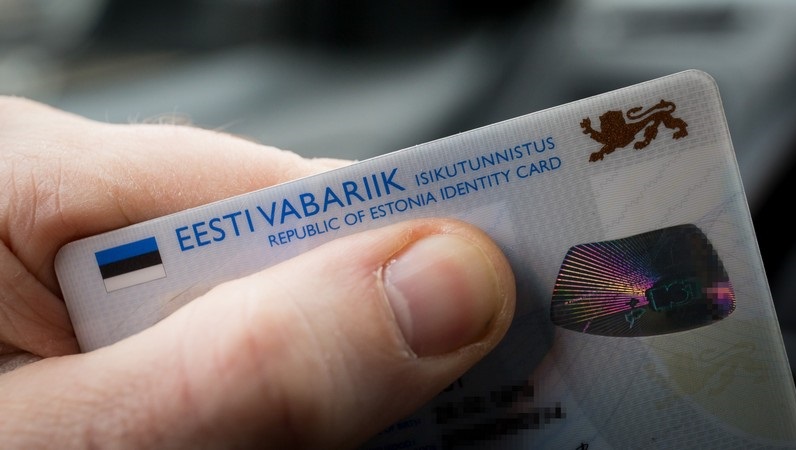8th of July, 2017 — Tallinn, Estonia
The aim of the workshop is to bring together young as well as established scholars undertaking research in various disciplines related to information and communication technologies such as computer sciences, political and social sciences, and law.
You can participate as a speaker (submitting an abstract+delivering a presentation) or simply join our wonderful audience. Speakers are requested to submit a 1000-word abstract.
Agenda:
08:30 – Registration
09:00 – Opening words, Dr Anna-Maria Osula & Prof Olaf Maennel
09:10 – Keynote, “The Triangle of Impossibility: Strategic Decision-Making and Cyber Security”, Mr Lauri Almann
10:05 – Keynote, “The Truth about Hacking. From Russia to Hollywood.”, Mr Ralph Echemendia
11:00 – Coffee break
11:30 – 13:00 SESSION 1: Big Data & Privacy
Ms Kärt Pormeister, “The GDPR as an Enabler for Big Data: What Does it Mean for the Data Subject?”
Ms Maris Männiste, “Social Media and Big Data”
Ms Julija Terjuhana, “Right to Data Portability”
Mr Alexander Mois Aroyo, “Bringing Human Robot Interaction towards Trust and Social Engineering – Slowly & Secretly Invading People’s Privacy Settings”
11:30 – 13:00 SESSION 2: Security
Mr Alessandro Borrello, Mr Sioli O’Connell & Mr Yuval Yarom, “Is Dynamic Analysis of Android Applications More Effective Than Mass Static Analysis at Detecting Vulnerabilities?”
Mr Ben Agnew, “Security Applications of Additive Analogue Memory”
Mr Richard Matthews, “Isolating Lens Aberrations within Fixed Pattern Noise”
Mr Muhammad Imran Khan, “On Detection of Anomalous Query Sequences”
13:00 – Lunch
14:00 – 15:30 SESSION 3: Privacy (cont) & Cyber Crime
Dr Xingan Li, “Social Networking Services and Privacy: An Evolutionary Notion”
Mr Sten Mäses, “Gone Phishin’ (But Not to Jail)”
Mr Kristjan Kikerpill, “Cybercrime Against Business: Who Draws the Short Straw?”
Ms Anne Veerpalu, “Blockchain Technologies”
14:00 – 15:30 SESSION 4: Applied IT-Security
Prof Tobias Eggendorfer, “Using Process Mining to Identify Attacks”
Ms Belgin Tastan, “Electronic Identification System – How to Adopt, Expanding and Provide One Card for All”
Mr Aykan Inan, “Project IVA”
Mr Ayden Aba & Mr Jackson Virgo, “Equity Crowdfunding with Blockchain”
15:30 – Coffee break
15:50 – 17:00 SESSION 5: State and Cyber
Ms Maarja Toots, “Why Do e-Participation Projects Fail? The Case of Estonia’s Osale.ee”
Mr Georgios Pilichos, “Securitization of Cyberspace”
Mr Madis Metelitsa, “Addressing the Security Dilemma in Cyberspace”
Ms Somaly Nguon, “Cambodia’s Effort on Cybersecurity Regulation: Policy and Human Rights’ Implications”
15:50 – 17:00 SESSION 6: eGovernment & Security
Mr Harish Gowda & Mr Matt Reynolds, “Real-Time Video Stream Substiution”
Mr Nicolas Mayer, “The ENTRI Framework: Security Risk Management Enhanced by the Use of Enterprise Architectures”
Mr David Hubczenko, “Investigation into Twitterbot Identification Techniques”
Mr Lachlan Gunn, “Geolocation of Tor Hidden Services: Initial Results”
18:00 – Social snacks at “August”, Väike-Karja 5








